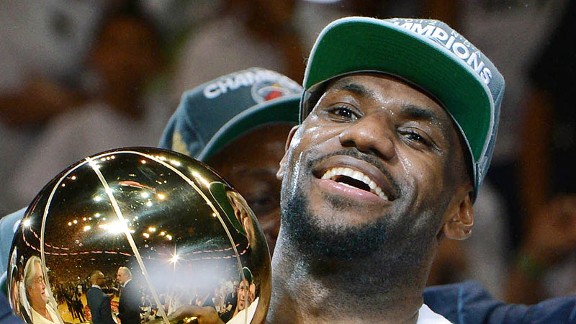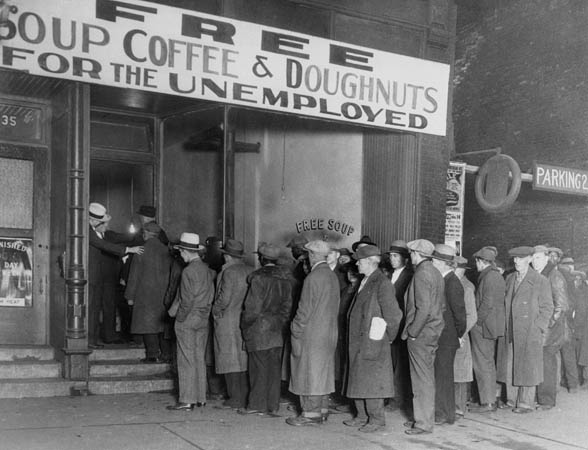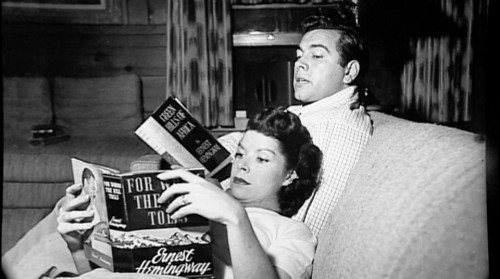
It’s been said that if you want friends to help you in the bad times, you have to help them in the good times.
That’s not true. A truer statement is that friends come in two varieties: those who help you and those who don’t.
To some people, the helpers are the better friends. Not to me. I appreciate both equally.
Some folks take great pleasure in helping others. They bring soup to the sick, cross the street to offer directions to a stranger, and show up at funerals. They offer help whether you ask for it or not. They enjoy being helpful. That is who they are.
I have friends like this with whom I spend little time. We share few interests. We travel in different social circles. But I know that if anything bad happens to me or someone in my family, they will be there.
Others aren’t there when you might need them. They are off having fun, bringing happiness where happiness is. That is their nature. And I’m fine with that. They are the ones who show up at my office hoping to distract me. To go out for a drink or steal a game of golf.
I value these friends because I know that whenever they walk into my office they will make me smile. I don’t need them to call me when I’m sick or show up at my house when I’m moving furniture. What they give me is what they are capable of giving me, and that is quite enough.
I have all sorts of friends besides the Florence Nightingales and Good Time Charlies. I have “work” friends and Jiu Jitsu mates and crossword-puzzle companions and writer buddies.
I cherish them all.
But there is one kind of friend I don’t much like. And that is the kind that is always trying to make me into a “better” friend.
You know what I’m talking about. People who want you to be closer to them than you want to be.
They are the ones who get upset if you don’t call them on their birthday. Or if you don’t give them as much attention as they feel they deserve.
From what I can see, these people are needy not just in friendship but in every aspect of their lives. They are needy with their lovers. They are needy with their relatives. They are even needy with their children.
Need is anathema to friendship. Friendship is valuable only when it is freely given and received.
http://youtu.be/FAvnY5Uwd6A
There is a great book on this subject that you might have heard of. It was written by M. Scott Peck, M.D., a modern-day Christian philosopher. The book is A Road Less Traveled.
It’s not, as many people think, about marching to the beat of a different drummer. It’s about romantic love – why it is a selfish and not a Christian thing. It’s about what happens to the soul of a person when he loves his fellow man selfishly.
Romantic love, Peck says, is an improper form of the kind of love that should be given only to God. He is right.
I remember reading an article by someone who argued that friendships should be “equal.” What he meant by that was that a good friendship is one in which each friend gives the other friend the same amount and kind of attention that he wants for himself.
He said that you should think about each friendship in terms of an “emotional bank account.” And you should ask yourself, “How many deposits have I made in my EBA with that person?”
This is a bastardization of the Golden Rule. It is another form of neediness. And it is not just immature and dumb, it is dangerous and destructive. It is the primary reason many people can’t sustain good relationships. They are always worrying about whether they are getting as much as they are giving.
If you exhibit this kind of behavior in your relationships – business or personal – you will have few that are long lasting.
To me, a good friendship is one that has value to both people in the relationship. The value does not need to be equal. It just needs to be strong enough to satisfy both parties.
If you haven’t caught my drift, the point I’m making is that good friendships are not balancing acts. You can’t be rich in friendship if you are always trying to equalize your relationships or if you besiege your friends with demands they do not want to meet.
I have no interest in getting anything from my friends other than that which they are happy to give me. And I don’t want to give them anything I don’t feel happy to give.
Furthermore, I don’t expect them to give first. When I meet someone who has qualities and capabilities that I admire, I’m happy to take the first step. If they reciprocate, that tells me this is the kind of friend I want to have. If they don’t – well, I haven’t lost much.
This approach applies to business relationships as well.
I will give you two quick examples:
Last week, I had lunch with a former protege of mine. I had given him some advice that helped him get his business started, and we’ve occasionally gotten together to talk about the direction the business should take. When we met this time, I told him that he was doing a great job and that I thought he could keep growing the business on his own. He looked at me for a few seconds, then shook his head. He said that my input was so important to him that he wanted to formalize the relationship and hire me as a consultant. With that, he pulled out his checkbook and wrote me a check for $60,000. “Your first retainer fee,” he said.
This morning, in the mail, there was a handwritten note from a young man who was also a protege of mine. We got his business up and running years ago, and I haven’t actively helped him in maybe three years. The note was very gracious. He thanked me for helping him develop a million-dollar-a-year income. He enclosed a check for $40,000 as a “token” of his appreciation.
This is the kind of business relationships you can have – rewarding on many levels – if you apply the give-first and don’t-equalize philosophy.
Business doesn’t have to be cutthroat. It doesn’t have to be the kill-or-be-killed environment portrayed so often in the movies. It can be that. But it won’t be if you take Dr. Peck’s unselfish “road less traveled.”
 MarkFord
MarkFord




